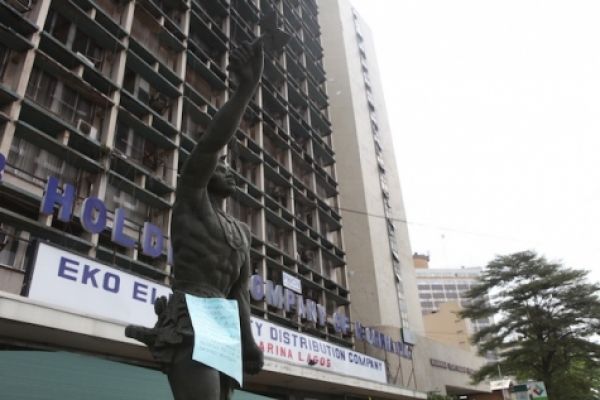Bridging the Metering Gap: Eko Electricity Distribution Company Launches Free Prepaid Meter Distribution for Band A Customers
The Eko Electricity Distribution Company (EKEDC) has embarked on a significant initiative to address the persistent metering gap in Nigeria’s power sector. Under the Meter Acquisition Fund (MAF) scheme, a component of the Federal Government’s Presidential Metering Initiative, EKEDC has commenced the distribution of free prepaid meters to its Band A customers. This initiative, which is closely monitored by the Nigerian Electricity Regulatory Commission (NERC), aims to provide relief to customers, enhance transparency in billing, and contribute to the overall improvement of the power sector. The distribution exercise, spanning 60 days, will focus on replacing obsolete meters and providing meters to previously unmetered customers within the Band A category, all at no cost to the beneficiaries.
The MAF scheme represents a critical intervention by the Federal Government to tackle the longstanding metering challenges plaguing the power sector. Specifically designed for Band A customers in this initial phase, the scheme prioritizes replacing faulty meters and facilitating the transition of postpaid customers to the prepaid metering system. This targeted approach aims to ensure that a significant portion of customers benefit from accurate and reliable metering, leading to greater customer satisfaction and improved revenue collection for the distribution company. The scheme complements the existing Meter Asset Provider (MAP) scheme, which allows customers to purchase meters and receive refunds over time, offering a multi-pronged approach to address the metering gap.
EKEDC has expressed its commitment to the seamless execution of the MAF scheme within the stipulated 60-day timeframe. The company has encouraged all eligible Band A customers with obsolete or faulty meters to apply for replacements through its official website. Postpaid customers under Band A feeders are also urged to apply for free prepaid meters. This proactive approach underscores EKEDC’s dedication to providing efficient and customer-centric services. The company views the MAF scheme as a vital step towards achieving its metering objectives and enhancing the overall quality of service delivery to its customers.
The MAF scheme is not limited to Band A customers alone. While this initial tranche focuses exclusively on this category, subsequent phases are planned to extend the benefits to other customer segments. This phased approach ensures a structured and equitable distribution of meters across the entire customer base. By prioritizing Band A customers in the first phase, the scheme aims to address the most pressing metering needs and lay the foundation for a more comprehensive metering rollout in subsequent phases. This strategic approach demonstrates a commitment to addressing the metering gap across the board.
EKEDC’s active participation in the MAF scheme aligns with the broader efforts of the Federal Government to improve the performance of the Nigerian power sector. Despite various interventions, a substantial metering gap of approximately 7 million meters remains a significant challenge. The MAF scheme, along with other initiatives, represents a concerted effort to close this gap and ensure that a greater number of customers have access to reliable and accurate metering. This will contribute to greater transparency and efficiency in the billing process, fostering trust between electricity providers and consumers.
The successful implementation of the MAF scheme is expected to yield several positive outcomes. For customers, it will ensure fair and accurate billing, eliminating estimated billing practices and reducing disputes. For the distribution company, it will improve revenue collection and reduce losses due to inaccurate metering. Furthermore, the scheme will contribute to the overall stability and efficiency of the power sector, promoting a more sustainable and reliable electricity supply for Nigerian consumers. The collective impact of these benefits will contribute significantly to the ongoing efforts to reform and strengthen the Nigerian power sector.


